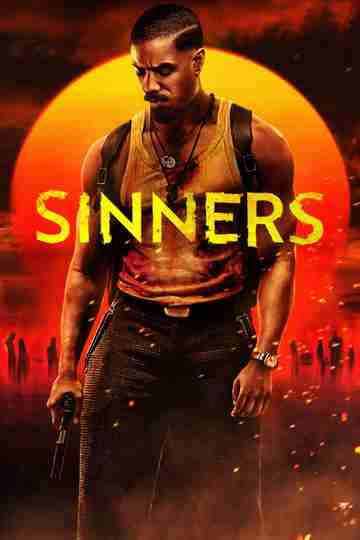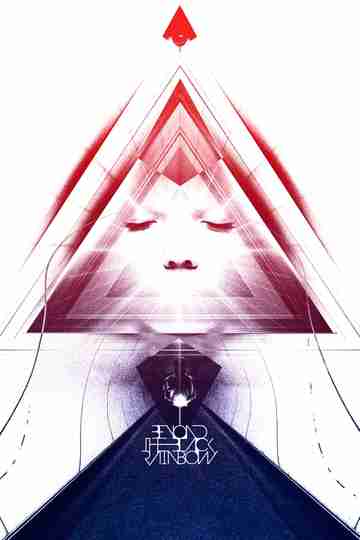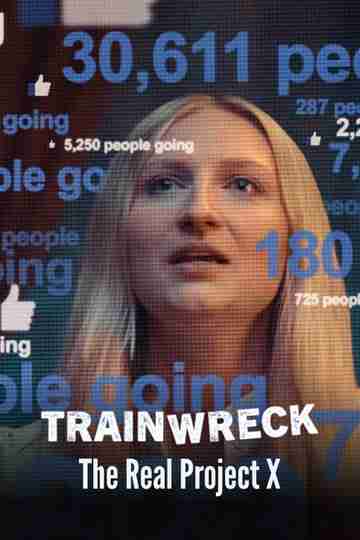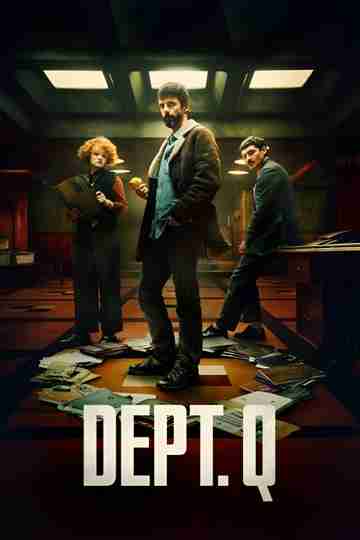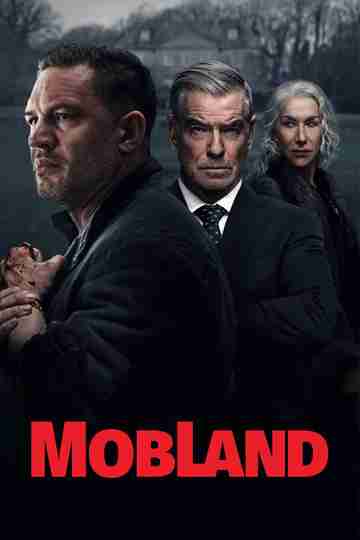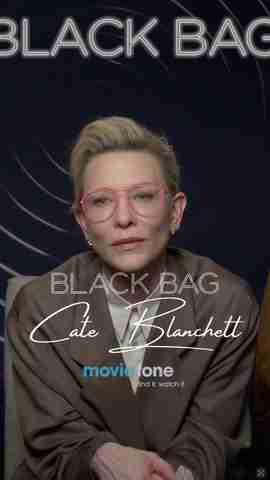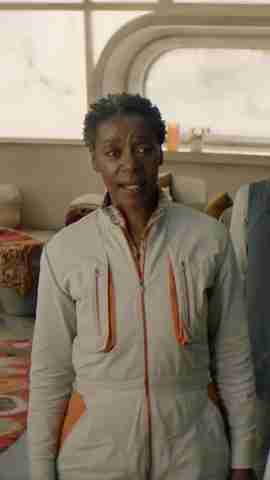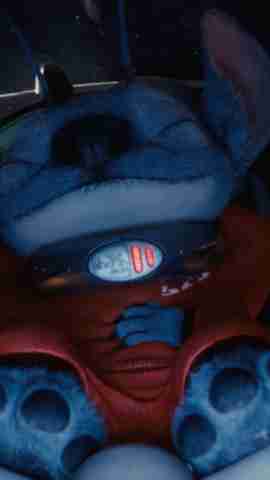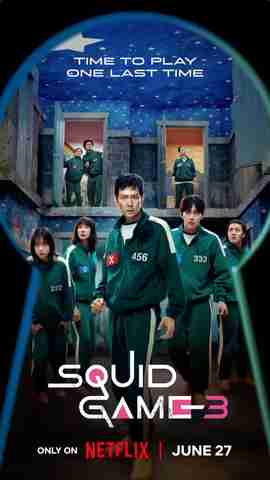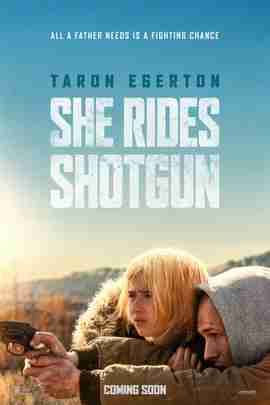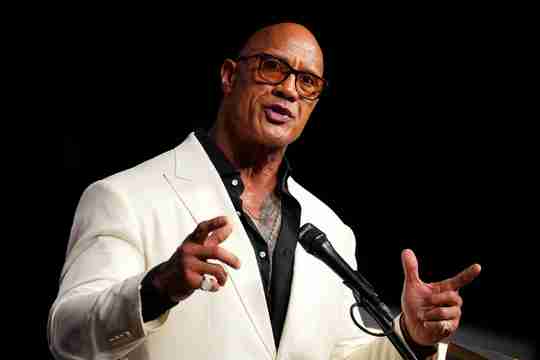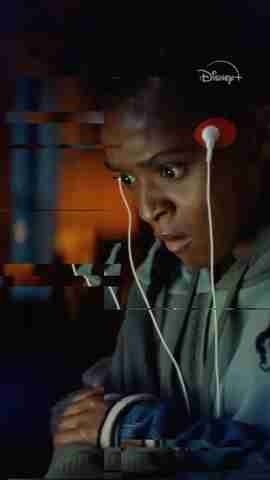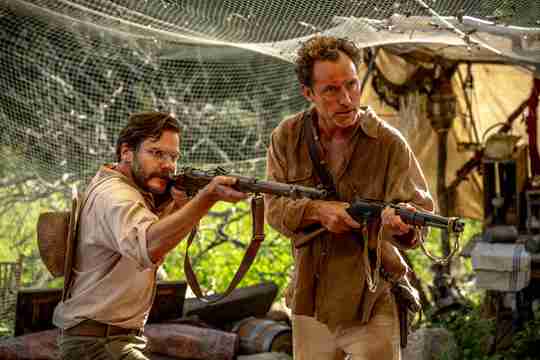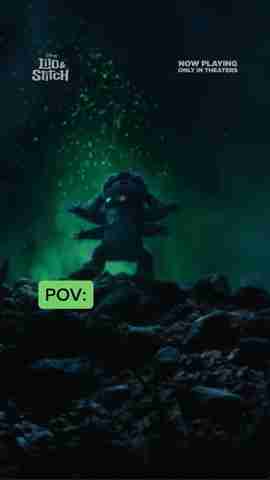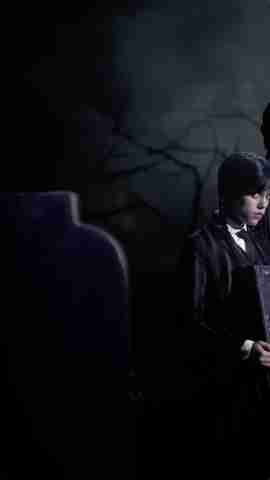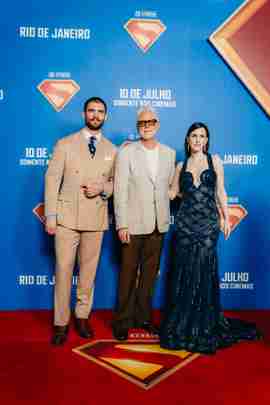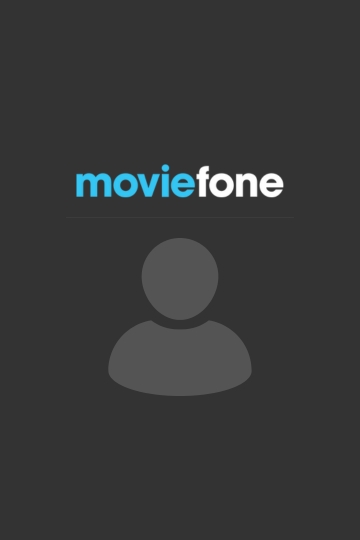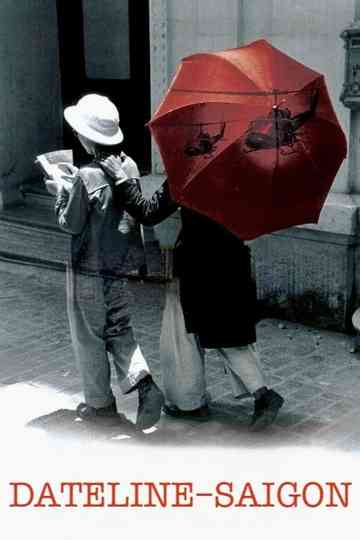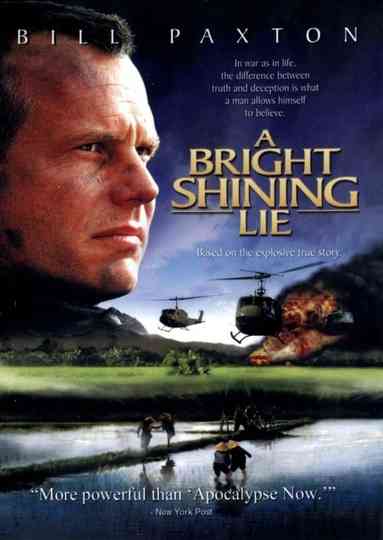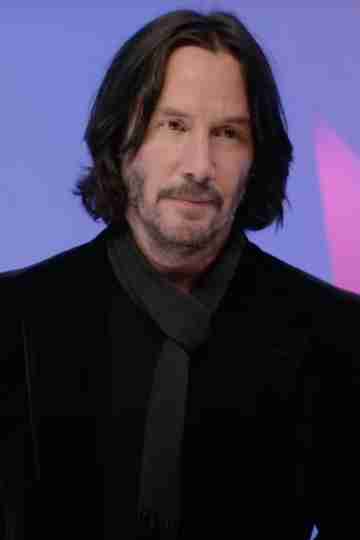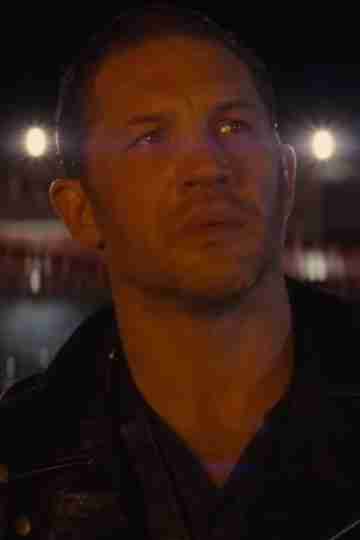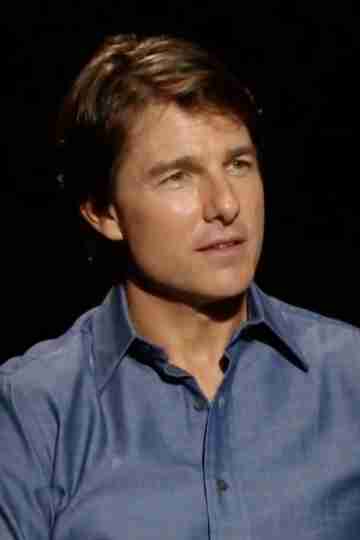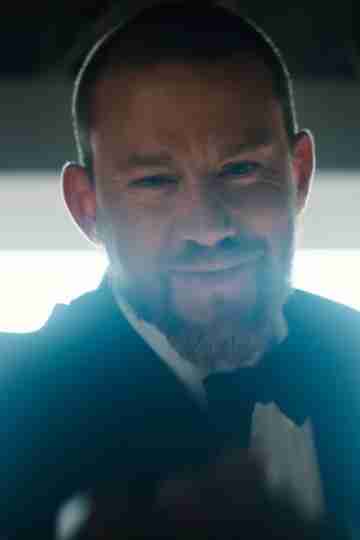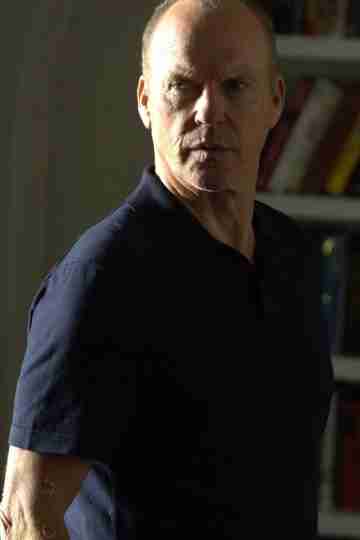Neil Sheehan Biography
Cornelius Mahoney Sheehan (October 27, 1936 – January 7, 2021) was an American journalist. As a reporter for The New York Times in 1971, Sheehan obtained the classified Pentagon Papers from Daniel Ellsberg. His series of articles revealed a secret United States Department of Defense history of the Vietnam War and led to a U.S. Supreme Court case, New York Times Co.
v. United States, 403 U.S. 713 (1971), which invalidated the United States government's use of a restraining order to halt publication. He received a Pulitzer Prize and a National Book Award for his 1988 book A Bright Shining Lie, about the life of Lieutenant Colonel John Paul Vann and the United States involvement in the Vietnam War. Sheehan was born in Holyoke, Massachusetts on October 27, 1936.
His father, Cornelius Joseph Sheehan, worked as a dairy farmer; his mother, Mary (O'Shea), was a housewife. Both immigrated to the United States from Ireland. He was raised on a dairy farm near Holyoke. Sheehan graduated from Mount Hermon School (later Northfield Mount Hermon) and Harvard University with a B.A. in history (cum laude) in 1958. He served in the U.
S. Army from 1959 to 1962, when he was assigned to Korea and then transferred to Tokyo; there, he did work moonlighting in the Tokyo bureau of United Press International (UPI). Following his discharge, Sheehan spent two years covering the war in Vietnam as UPI's Saigon bureau chief. In 1963, during the Buddhist crisis, Sheehan and David Halberstam debunked the claim by the Ngô Đình Diệm regime that the Army of the Republic of Vietnam regular forces had perpetrated the Xá Lợi Pagoda raids, which U.
S. authorities initially accepted. They showed instead that the raiders were Special Forces loyal to Diệm's brother, Nhu out to frame the army generals. In 1964, he joined The New York Times and worked the city desk for a while before returning to the Far East, first to Indonesia and then to spend another year in Vietnam. Sheehan was one of numerous U.
S. and international journalists who received valuable information from Pham Xuan An, a 20-year veteran correspondent for Time Magazine and Reuters, later revealed to also be a spy for the National Liberation Front for South Vietnam. ... Source: Article "Neil Sheehan" from Wikipedia in English, licensed under CC-BY-SA 3.0.
